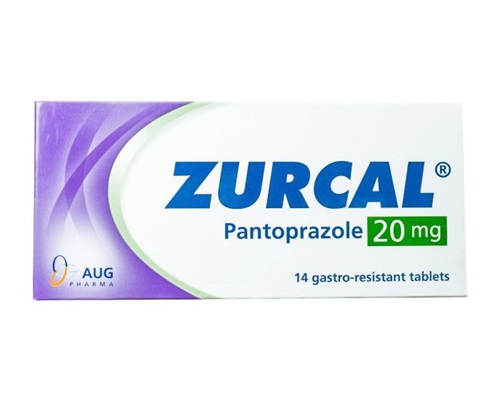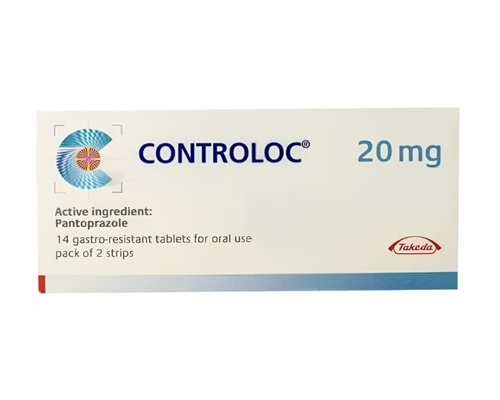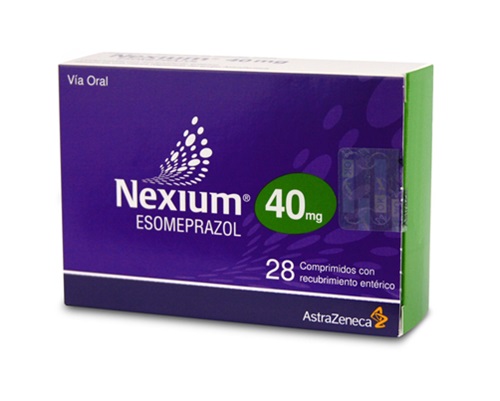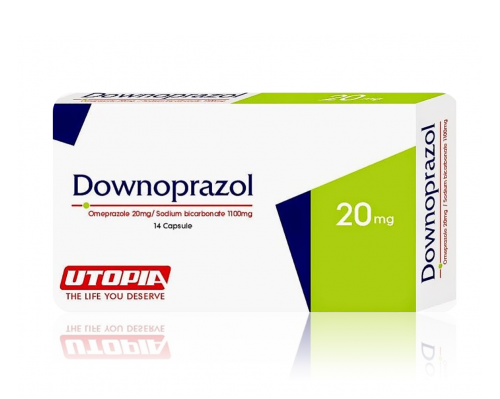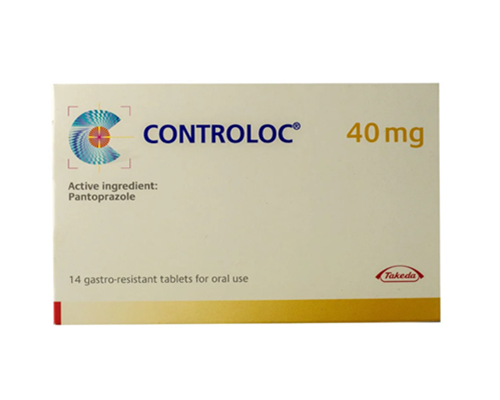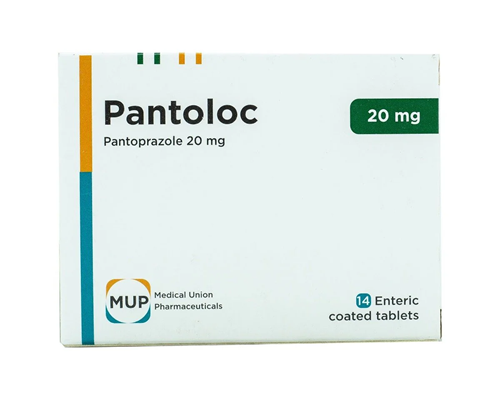Description
Trade name:
Bepra
Compound:
Each tablet contains:
Rabeprazole sodium 20 mg
Mannitol, calcium hydroxide, hypromellose, talc, titanium dioxide, ethanol, acetone, purified water.
Properties:
Indications:
Method of administration and dosage:
The optimal dosage regimen is determined by the doctor. It is necessary to strictly observe the compliance of the used dosage form of a specific drug with the indications for use and dosage regimen.
The recommended dose is 20 mg once or twice a day before meals.
Contraindications:
Precautions:
In patients with impaired liver function or increased sensitivity of the liver, rabeprazole is recommended to be used with caution.
When used concomitantly with rabeprazole, the doses of ketoconazole and digoxin should be adjusted.No carcinogenic effect of rabeprazole has been established in experimental studies, but mutagenicity studies have yielded mixed results. Mouse lymphoma cell tests have been used, with the in vivo micronucleus test and the in vivo and in vitro DNA repair test being negative.
Side effects:
From the digestive system: diarrhea, nausea, abdominal pain, vomiting, flatulence, constipation; rarely – dry mouth, dyspepsia, belching; in isolated cases – anorexia, gastritis, stomatitis, increased activity of liver transaminases.
From the central nervous system and peripheral nervous system: headache, asthenia, dizziness, insomnia; rarely – nervousness, drowsiness; in isolated cases – depression, visual impairment and taste sensations.
From the respiratory system: rhinitis, pharyngitis, cough are possible; rarely – sinusitis, bronchitis.
Allergic reactions: rarely – skin rash; in isolated cases – itching.
Others: back pain, flu-like syndrome; rarely – myalgia, chest pain, chills, calf muscle cramps, urinary tract infection, arthralgia, fever; in isolated cases – weight gain, increased sweating, leukocytosis.


